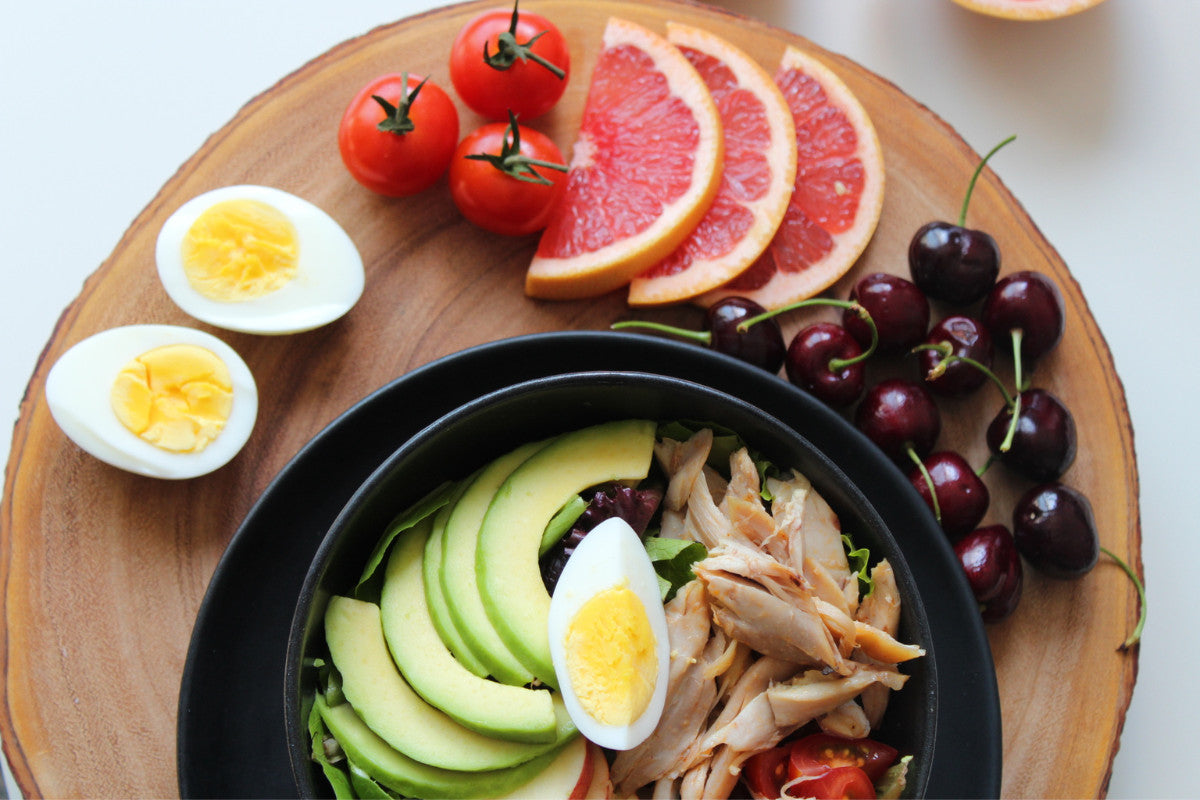Your Cart is Empty
FREE SHIPPING OVER $45 & RETURNLESS REFUNDS

By now, most of us know the drill when it comes to managing neuropathy: stay active, keep stress in check, and yes—pay attention to what you eat. But as winter sets in, those icy days can sneak in some extra challenges for our nerves. The cold weather, shorter days, and post-holiday treats can sometimes throw us off track.
Now I know we recently talked about fibromyalgia food dos and don'ts, but what about neuropathy? Are there nutritional changes you should make in winter to help manage the increased discomfort that often comes with the colder months?
While both neuropathy and fibromyalgia share some similarities, especially in terms of nerve health, they can require slightly different dietary approaches.
Neuropathy focuses more on reducing inflammation and maintaining nerve function, while fibromyalgia tends to emphasize alleviating widespread pain and promoting overall well-being.
That said, both conditions can benefit from a foundation of anti-inflammatory, nerve-supporting foods. However, the balance of these nutrients might shift slightly depending on your primary focus—whether it’s managing nerve health or widespread discomfort.
If you’ve been managing neuropathy for a while, you might already be on a B12 supplement—keep it up! And if you’re not, it might be worth asking your doctor about it.
Winter always seems to amp up inflammation for me. I’ve learned that omega-3 fatty acids are my best friends when it comes to managing neuropathy-related inflammation. There’s nothing quite like a warm bowl of salmon and quinoa for dinner to keep those nerve signals smooth and steady.
Omega-3 Power Foods:
Winter can bring more than cold toes—it can also mean muscle cramps, which are common companions to neuropathy. It's something I tend to experience along with increased inflammation.
That’s where magnesium-rich foods come in. My favorite? A comforting bowl of roasted sweet potatoes with a drizzle of olive oil and a sprinkle of sea salt. Simple, effective, and soothing.
Magnesium-Loaded Foods:
Winter brings shorter days, and with that, the struggle to get enough vitamin D. And many of us (myself included) end up low on vitamin D, which plays a role in nerve function and mood regulation.
I’ve noticed a stark difference in my nerve health when I’m deficient, which is why I’ve been more mindful of incorporating vitamin D-rich foods into my diet.
Vitamin D Favorites:
I know, those leftover holiday cookies are hard to resist. But high sugar intake can spike inflammation, making neuropathy symptoms worse. Over the years, I’ve swapped sugary snacks for naturally sweet alternatives like dark chocolate and cinnamon-spiced apples.
Sugar-Free Swaps:
When the temperatures drop, I make sure my meals focus on anti-inflammatory ingredients and nerve-supporting nutrients. One of my favorites is a warm lentil and spinach soup packed with veggies and a sprinkle of turmeric (another inflammation-fighter!). Pair it with a side of whole-grain bread, and you’ve got a cozy, nerve-friendly meal.
Winter might not be your nerves’ favorite season, but it doesn’t have to be the toughest either. By focusing on a nutrient-rich diet, you can give your nerves the extra care they need to handle the cold.
Have any winter nutrition tips or favorite nerve-friendly recipes? Share them below—I’d love to hear from you!
Mark